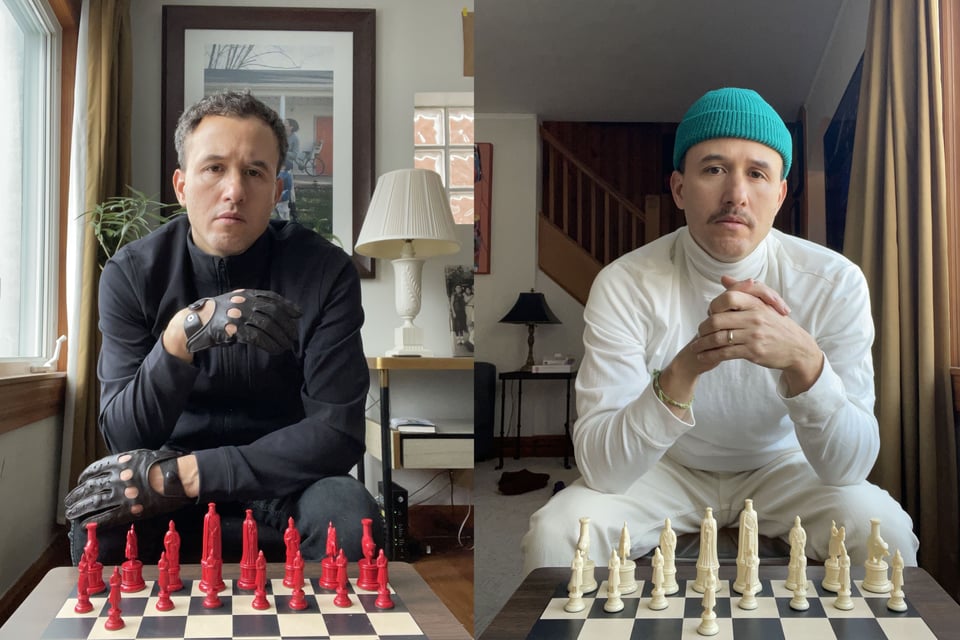Vol 3: Leading with generosity
One of my first jobs after college was working for my father-in-law, Jose, as a salesperson. He owned an auto repair and tire shop at the corner of 45th and Ashland on Chicago’s south side. It wasn’t what I expected to be doing, but it was a tough job market (especially for folks in creative fields like me), so I was grateful to have a job at all. I learned about sales techniques, practiced customer service, and got to know every corner of the city as I drove around picking up parts for our customers’ cars.
I also got to spend more time with Jose, and I learned about who he is and the way he leads. One of my earliest memories is how he treated people who stood at intersections and walked down the rows of cars when they were stopped, asking for money. He kept a stash of bills above his visor so that he was always ready to help them out, and he never hesitated. It’s been thirteen years since then, and I’ve seen him continue to give to people in need any chance he gets.
Later, I learned that his generous approach affected so many people in every corner of his life. At one time, he owned five auto shops across the city. Eventually, he sold them to his employees, one by one. They didn’t have the cash or the training to buy those businesses outright and run them, but he took the time to teach them accounting, showed them how to do their taxes, and set up partnership models that made that dream attainable.
Jose leads with generosity. It’s an approach that sets him apart.
In our world, being generous is immediately noticeable. When someone shows up and starts freely giving their time, energy, and resources to other people without expecting something in return, it flies in the face of the systems that dominate our society. Systems that insist on everything being a transaction, that people should only look out for themselves, and that getting help is something to feel bad about. It helps people see that there’s something more beyond all that. Something beautiful happens when we give to each other.
If generosity is a core part of who you are, you can use it to lead. While it’s a trait that’s often associated with money or material things, there are so many ways it can show up.
- When someone needs to talk something through, you can give them your time
- If another person makes a mistake, you can give them grace
- When a collaborator does amazing work, you can give them credit
- When you see an opportunity for someone, you can give it to them
Generous leaders don’t do it for money or power (they’re usually giving those things away). They do it because that’s the mark they want to leave.
One thing to watch out for is that this can be draining. Giving your time, resources, and energy to others makes it all the more important to choose your focus, take care of yourself, and set healthy boundaries.
But what would the world be like without generous leaders? I hope we never find out.
Real leaders: Alberto Aguilar

Each month, I ask a leader in my own life to share who they are and what leadership means to them.
Alberto describes himself as a multidisciplinary Artist and Teacher who likes to walk as a way of thinking through his next moves.
Here's how Alberto thinks about leadership, in his own words:
A willingness to include others' ideas and expertise. The ability to create an environment that welcomes play and experimentation. A flexibility to have a project be taken to unexpected places.
Thanks, Alberto.
You just read issue #4 of Leading like you. You can also browse the full archives of this newsletter.

